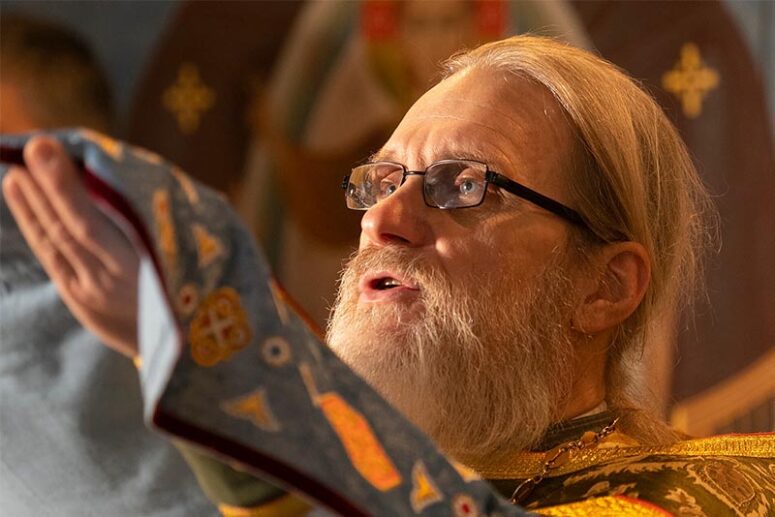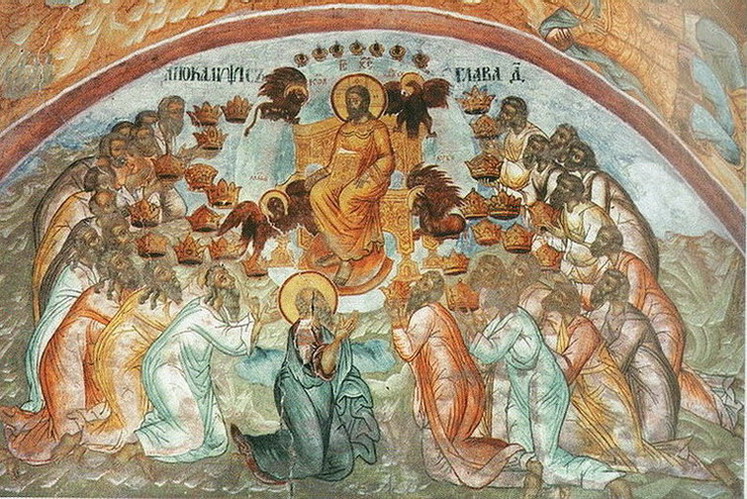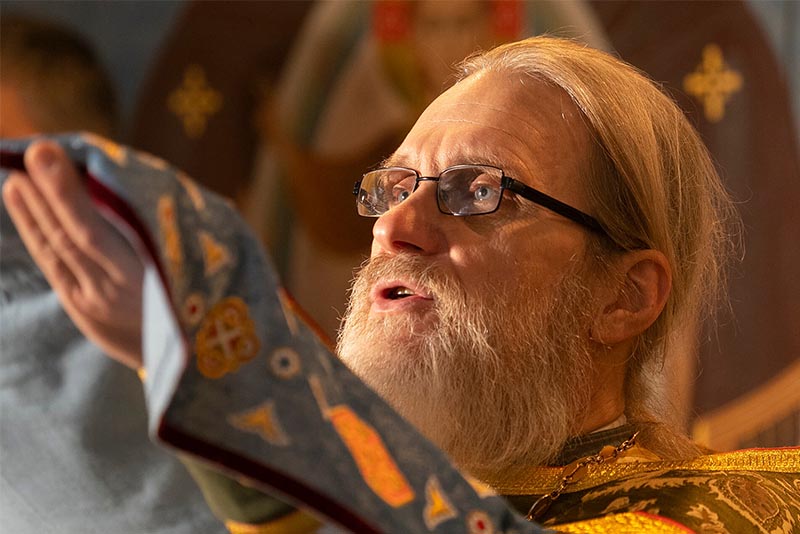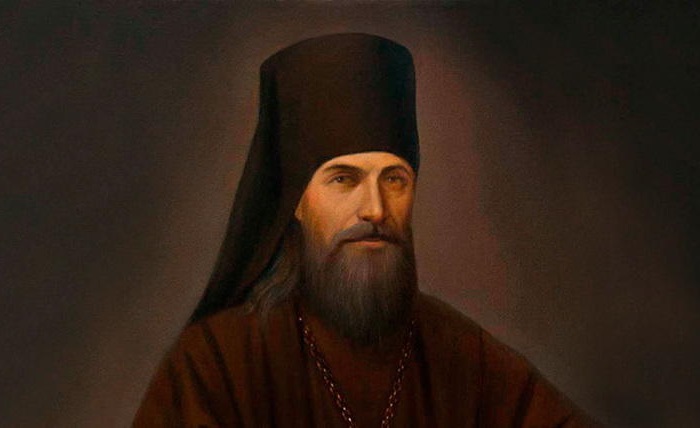
Why do we engage in praising God, and does He necessitate our adoration? Among the multifaceted aspects of prayer, glorifying God stands out, yet often, it’s less intuitively understood compared to prayer as petition, where we directly seek God’s intervention in our needs. The rationale behind requests made in prayer is clear—we face needs, sometimes urgent, turning to the Divine for assistance, which is a straightforward act of faith. However, the act of praising God might seem perplexing to some. Why would an omnipotent being require our praise?
It’s common for individuals to seek recognition or fame driven by various motives—be it a desire for attention, commercial success, or even power, as seen in dictators who command adulation from their subjects. None of these human inclinations apply to God; He is self-sufficient. Our praises neither fulfill a need for Him nor augment His sovereignty. Unlike the flawed human pursuit of glory, which often stems from vanity or control, praising God transcends such motivations.
Yet, our world showcases instances where praise is a fitting response: artists are lauded for their creations, and heroes for their deeds. Such praise is not about fulfilling the celebrated individual’s needs but acknowledging the value and impact of their contributions. Highlighting a composer’s genius or a philanthropist’s altruism doesn’t serve their personal gain but recognizes the inherent worth of their actions. Similarly, the mutual adoration described in the Song of Songs reflects recognition of the beloved’s intrinsic beauty and virtues, celebrated out of love rather than necessity: “Behold you are beautiful, my darling, Behold you are beautiful, your eyes are doves…” (SS 1:14-15).
In this light, praising God becomes an act of acknowledging the divine magnificence and expressing gratitude for His creation and benevolence. As depicted in the Apocalypse, the act of glorification is an acknowledgment of God’s worthiness, not because He needs our praise, but because it is our natural, salvific response to His omnipotence and grace: “You are worthy, O Lord, to receive glory and honour and power; for You created all things, and by Your will they exist and were created.” (Rev 4:11). This perspective elevates the act of praising God from a perceived obligation to a profound expression of reverence and love for the Creator:
”And they sang a new song, saying: ‘You are worthy to take the scroll, and to open its seals; for You were slain, and have redeemed us to God by Your blood out of every tribe and tongue and people and nation, and have made us kings and priests to our God; and we shall reign on the earth.’ Then I looked, and I heard the voice of many angels around the throne, the living creatures, and the elders; and the number of them was ten thousand times ten thousand, and thousands of thousands, 12 saying with a loud voice: ‘Worthy is the Lamb who was slain to receive power and riches and wisdom, and strength and honor and glory and blessing!’ And every creature which is in heaven and on the earth and under the earth and such as are in the sea, and all that are in them, I heard saying: ‘Blessing and honor and glory and power be to Him who sits on the throne, and to the Lamb, forever and ever!’”(Rev 5:9-14).

Praise, an expression of our realization and acknowledgment of God’s omnipresence, draws us closer to His divine essence. It serves as a declaration that we stand in the presence of the One who listens attentively to our calls. Particularly through liturgical praise, we join the celestial congregation of angels and saints in a unified gaze toward the Lord, enveloped in boundless jubilation, joy, and love.
The pathway to perceiving God’s glory varies; it might be found in the tranquility of silence or the resonance of music, which, at its finest, bridges the gap between silence and cacophony. On a personal note, I find the essence of God’s glory encapsulated in Tomás Luis de Victoria’s 16th-century hymn, “O magnum mysterium”: a profound meditation on the mystery and sacrament witnessed by animals at the Nativity, celebrating the Virgin Mary’s blessedness in bearing Christ.
Our collective and individual prayers serve as conduits to glorifying our Creator and Redeemer, offering thanks for His immeasurable greatness and sacrificial love. This act of glorification becomes a wellspring of immense joy, consolation, and spiritual elevation.
Yet, there are moments when the feeling of upliftment eludes us, and we persist in praise through sheer obedience. This obedience is crucial, as true joy often emerges from it. Just as a sprained limb must be healed before it can bear joyful movement, so must our spiritual orientation be realigned through glorification. In elevating God above all, acknowledging the supremacy of Jesus Christ’s name above every other power across all ages (Ephesians 1:21), we initiate the healing of our inner fractures and the world’s brokenness.
In praising God, we repair and reconnect the spiritual circuitry within us and with the cosmos, facilitating the flow of joy, peace, and wholeness. Praise not only links our reality to the Heavenly Jerusalem but also affirms our identity as its citizens.
Translated by The Catalogue of Good Deeds
Source: https://foma.ru/zachem-myi-hvalim-boga.html





Lovely, meaningful and worthy reading.
Thank you,
Anastasia (Stacie)
So good, what a blessing!
It has always been easy for me to thank God for all the blessings He bestows although I never quite understood how and why to praise the all-powerful and omnipotent God. This explanation has been a blessed help to me. Thank you.
Praise and give Glory to God, from Whom all good things come.
Thank you for this!
Sister Esther (U.K.)